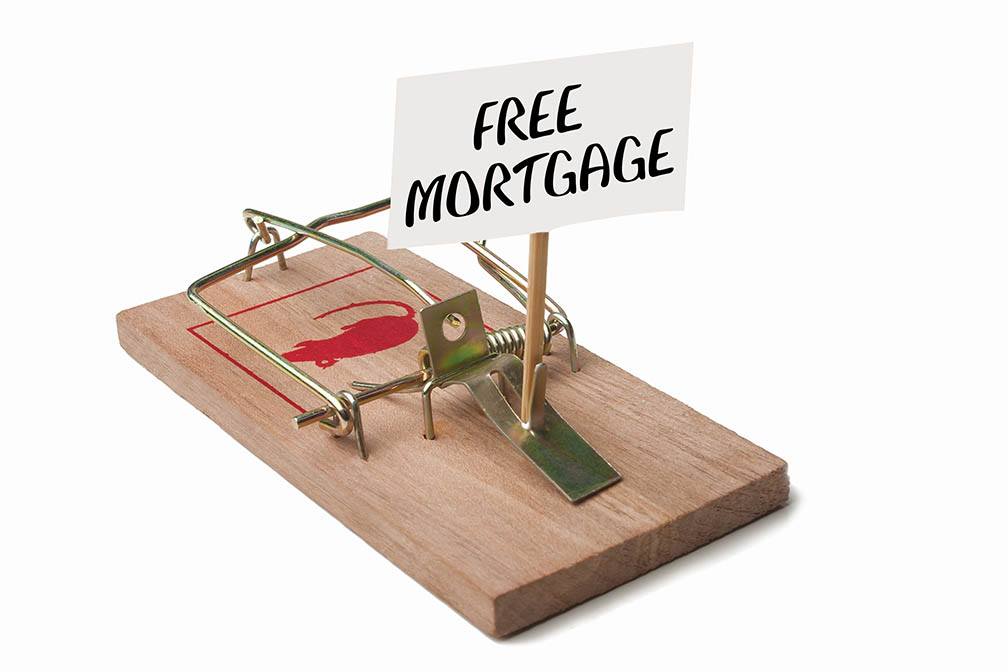Selling Your Home? 3 Ways You Can Use Your Social Network to Speed up Your Sale
 There are many traditional ways to sell your home, from the MLS listings to a sign in the front yard. However, the ease of the Internet and the utility of social media can make it easier than ever to find the right buyer. If you’re getting prepared to put your home on the market and are trying to determine a strategy, here are some ways you can use social media to improve your selling odds.
There are many traditional ways to sell your home, from the MLS listings to a sign in the front yard. However, the ease of the Internet and the utility of social media can make it easier than ever to find the right buyer. If you’re getting prepared to put your home on the market and are trying to determine a strategy, here are some ways you can use social media to improve your selling odds.
Tweet Out The Details
Twitter accounts may more frequently be linked with a person, but because of the short burst of information involved in a tweet, it’s actually a great way to market your home. Whether you want to shout out a particular detail that’s worthy of recognition or make a more general statement about what it offers to potential homebuyers, this can be a clever means of getting the attention of interested parties. It’s just important to make sure you don’t overdo it, so stick with a few tweets per day.
Create Your Own Website
Most homes will have a page on their real estate agent’s website, but having your own website for your home can be an easy means of drawing people in to its best features. While it doesn’t have to cost money or be too fancy to attract the right people, you’ll want to make sure that you have professional photos and pertinent information so the right buyers will be able to determine if it’s a good option for them.
Post On Facebook
According to Postling, up to 80% of real estate agents use Facebook to market their properties online, and this means that Facebook can be an ideal site for you to find an audience. It might seem surprising, but many people search for homes for sale on Facebook, so having a page set up that provides the right details and has some striking images may just snag you the homebuyer you’re looking for. It’s also a great way to leverage your group of friends and reach even more potential buyers.
It’s beneficial to utilize more traditional methods when it comes to selling your home, but there are plenty of ways that you can use social media to enhance your home’s profile and find unexpected leads.

 It’s easy to be enthusiastic and excited about the prospect of home ownership, but it’s important to be aware that there are many ways potential buyers can be taken advantage of. From courses for homeowners to companies trying to make a quick buck, there are many things to avoid. If you’re on the market for a home and are trying to find the mortgage that will best benefit you, here are some of the tricks you may want to be wary of.
It’s easy to be enthusiastic and excited about the prospect of home ownership, but it’s important to be aware that there are many ways potential buyers can be taken advantage of. From courses for homeowners to companies trying to make a quick buck, there are many things to avoid. If you’re on the market for a home and are trying to find the mortgage that will best benefit you, here are some of the tricks you may want to be wary of. Last week’s readings on new and existing home sales provided further evidence of strengthening housing markets. Both categories of home sales exceeded December’s readings. Consumer sentiment was lower in February than for January and average rates were mixed with fixed rates higher and the rate for 5/1 adjustable rate mortgages lower. Consumer sentiment lower in February.
Last week’s readings on new and existing home sales provided further evidence of strengthening housing markets. Both categories of home sales exceeded December’s readings. Consumer sentiment was lower in February than for January and average rates were mixed with fixed rates higher and the rate for 5/1 adjustable rate mortgages lower. Consumer sentiment lower in February.